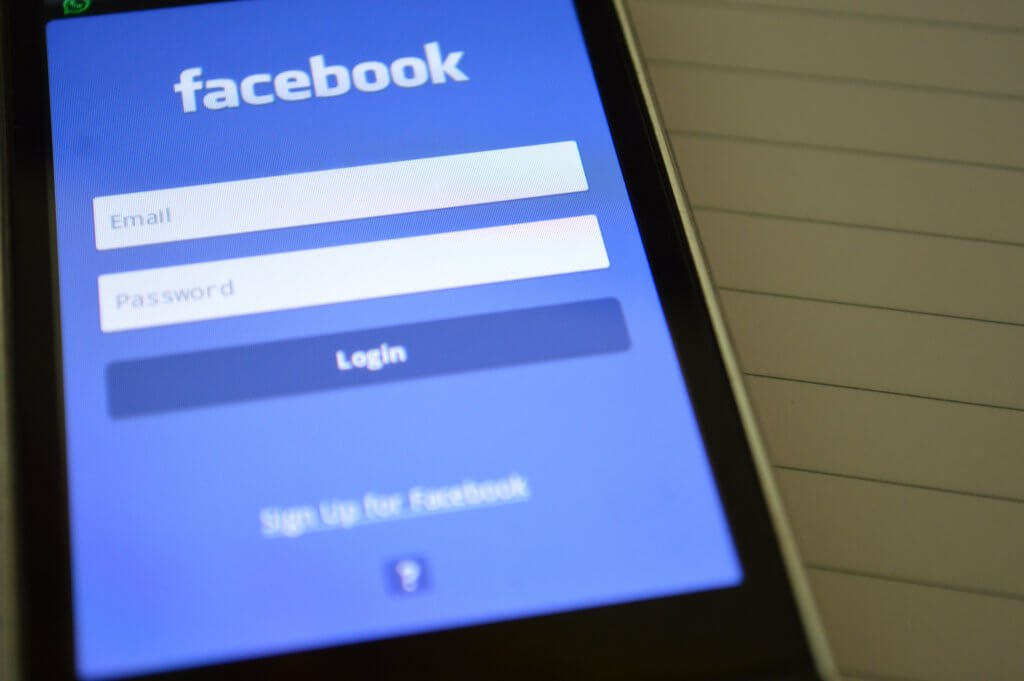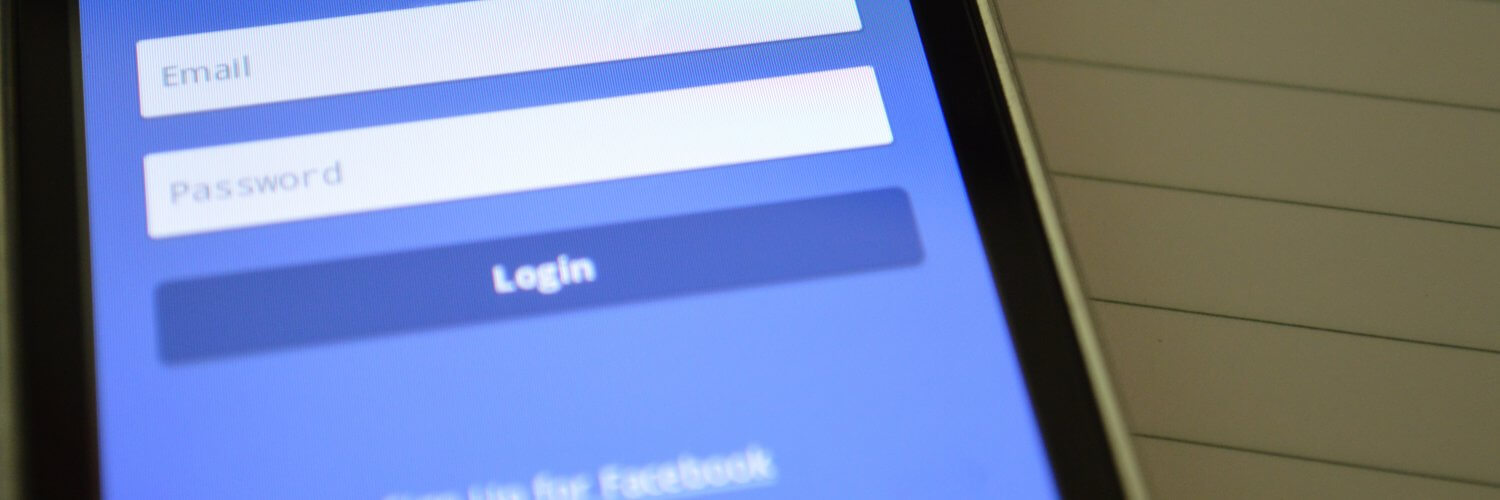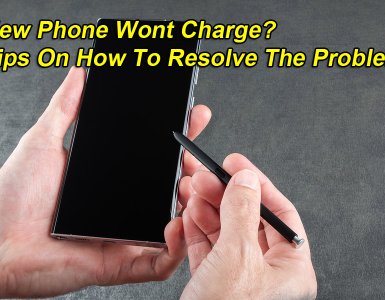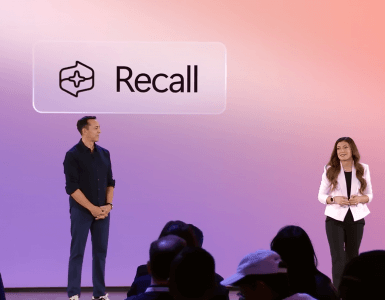
More than 500 million Facebook accounts have been hacked, including the account of the CEO and founder of Facebook Mark Zuckerberg. The hacked information has affected people across the world with all of it being available online for hackers to access now.
The discovered data dump includes a host of information from those that were hacked, including phone numbers, personal information, and Facebook account information. These details as well as the location of Mark Zuckerberg was also released in the hack. According to Cyber researcher, Dave Walker, Facebook co-founders Chris Hughes and Dustin Moskovitz had their personal details leaked as well.
In total, about 106 countries were affected by the hack. These countries include 32 million users hacked in the United States, 11 million users in the United Kingdom, and 6 million users in India according to Business Insider. Australia was included in the list of countries affected by the data dump.
In addition to phone numbers, some of the other information that was leaked includes Facebook IDs, names, locations, birthdays, bios, and personal email addresses. A spokesperson from Facebook offered some explanation for the hack when they confirmed that the data was scrapped because of a vulnerability that the company patched in 2019.
According to an article News.AU published on the subject “Alon Gal, the co-founder of Israeli cyber crime intelligence firm Hudson Rock, who discovered the trove of data on Saturday, said the details that were leaked are a couple of years old. Mr. Gal said the database appears to be the same set of Facebook linked telephone numbers that he had discovered circulating in hacker circles since January.”
Australians are being warned to protect their information now more than ever. Dr. Andrew Quodling, a Researcher in the governance of social media platforms at the Queensland University of Technology in Australia, commented on the situation in an article published by The Guardian. Dr. Quodling said that the data leaked can be used maliciously to gain access to people’s Facebook accounts, emails, and other accounts on other social media platforms.
“People will take a sort of an easy run at simple hacks – try the top 100 most common passwords, and try to get in with brute force,” he said. “So, anyone using the password 123 on that list would be in trouble,” stated Dr. Quodling.
To find out if your information was stolen there are a few websites that can cross-reference your information with leaked information online. One such website is HaveIBeenPwned.com, a database Hunt a security analyst. This works by running your email against many accounts that have been breached in the past to see if your information is also included.
If your information has been breached there are a few precautions, you should take to ensure the safety of your information. First, make sure that government-issued IDs have not been compromised. Things like driver’s licenses and passports are prime targets for identity theft. If they have been compromised get them replaced as soon as possible.
Another simple solution is to use a password manager. Password managers can generate new and remember old passwords for you. By having strong generated passwords personal information will be harder to gain access to.
“You could be profoundly security conscious and secure, and still get caught out by insufficient security practices at other organisations you rely on,” Dr. Quodling said. “The challenge is always how much of a risk are you personally willing to take?”
The important thing to remember is that no information online is ever completely safe. By taking precautions to protect personal information online everyone can better ensure their privacy and safety.





Add comment